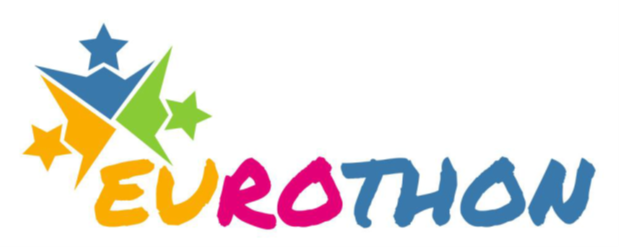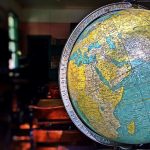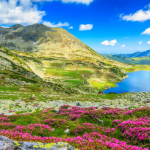Turkey – Religion
1. Mevlevi Sema Ceremony
The Mevleviye is an ascetic Sufi order founded in 1273 in Konya, from where it gradually spread throughout the Ottoman Empire. Today, the Mevleviye can be found in many Turkish communities throughout the world, but the most active and famous centres of the order’s activity are in Konya and Istanbul.
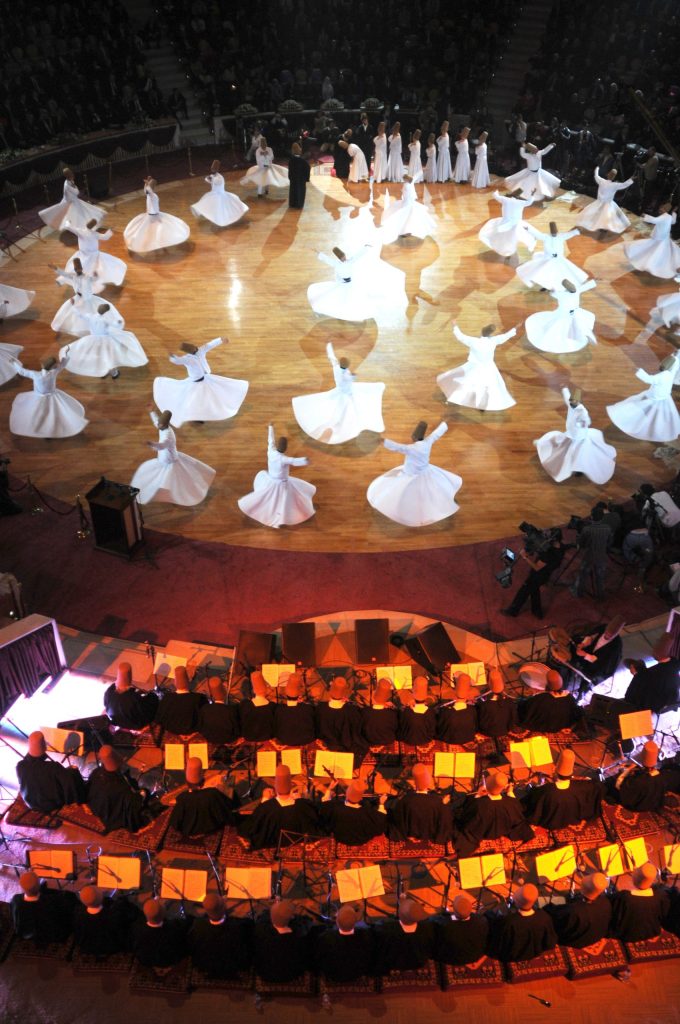
The Mevleviye are renowned for their whirling dances. Following a recommended fast of several hours, the whirlers begin to rotate on their left feet in short twists, using the right foot to drive their bodies around the left foot. The body of the whirler is meant to be supple, with eyes open but unfocused so that images become blurred and flowing. At their dancing ceremonies, or Sema, a particular musical repertoire called ayin is played. Based on four sections of both vocal and instrumental compositions, it is performed by at least one singer, a flute-player, called neyzen, a kettledrummer and a cymbal player. Dancers used to receive 1,001 days of reclusive training within the mevlevi-houses (mevlevihane), where they learned about ethics, codes of behaviour and beliefs by practising prayer, religious music, poetry and dance.
https://ich.unesco.org/en/RL/mevlevi-sema-ceremony-00100
2. Semah, Alevi-Bektaşi ritual
Semahs can be described as a set of mystical and aesthetic body movements in rhythmic harmony. They constitute one of the twelve main services found in Cem rituals, religious practices performed by adherents of Alevi-Bektaşi, a belief system based on admiration for Ali, the fourth caliph after the prophet Muhammed. Semahs are performed by semahçıs (Semah dancers), accompanied by devout musicians playing the saz long-necked lute. Various forms of Semah exist in Alevi-Bektaşi communities across Turkey, each with distinct musical characteristics and rhythmic structures. One consistent characteristic is the performance of the ritual by both men and women, side by side. Semah rituals are founded upon the concept of unity with God as part of a natural cycle: people come from God and return to God. There are two forms of Semah: İçeri Semahs are performed in Cems only among adherents as part of the twelve services; Dışarı Semahs are performed independent of services to promote Semah culture to younger generations. Semahs are the most crucial means for the transmission of the Alevi-Bektaşi tradition. All practices, traditional motifs and teachings are passed on orally, and distinct genres of art and literature associated with the tradition continue to thrive. In this way, Semahs play a crucial role in fostering and enriching the traditional music culture of Turkey.
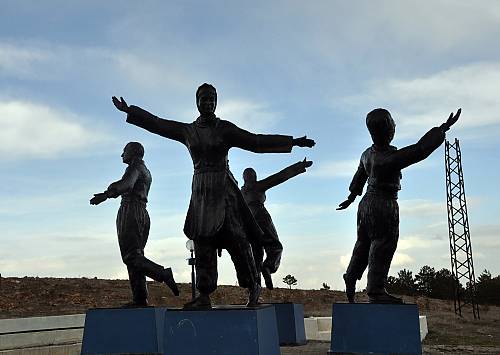
https://ich.unesco.org/en/RL/semah-alevi-bektai-ritual-00384
3.Ramazan Bayramı (Ramadan Feast)
Bayram is the term used in Turkish for holidays celebrated nation-wide, both official and religious. There are two terms in Turkish for this holiday. Ramazan Bayramı (Ramadan Feast) takes its name from the Ramadan. Şeker Bayramı (Sugar Feast) comes by courtesy of the special and mostly sweet food served to visitors.
During the holy month of Ramadan, which occurs on the ninth month of the lunar-based Islamic calendar, all Muslims are required to abstain from food and drink from dawn to dusk for 30 days. The act of fasting is meant to remind Muslims of the less fortunate and to reinforce the need to be thankful. As one of the five pillars, or duties, of Islam, fasting during the month of Ramadan is mandatory for all healthy adult Muslims.
Fasting during Ramadan means abstinence from all food or drink from dawn to sunset. It is recommended that before sunrise, Muslims eat a prefast meal known as sahur. This meal often resembles breakfast, but in some cultures it may include more dinner-like foods. After sundown, Muslims break their fast with iftar, a meal which usually starts with dates and water or milk, followed by dinner. Muslims are permitted to snack at night between those two meals, and hydration is encouraged, especially when Ramadan falls during summer.
After Ramadan, Muslims celebrate a three-day holiday called Feast of Ramadan. Muslims pray the holiday prayer in congregation in the morning, visit family and friends, and celebrate over food, gifts and activities for children.
https://www.eatright.org/health/lifestyle/culture-and-traditions/ramadan–the-practice-of-fasting
4. Teeth wheat:
When the baby teethes, one of the most significant signs of a child’s biological development, Turkish people usually mark the occasion with a ceremony. Behind this ceremony and festivity which are held to mark the appearance of the teeth, which are essential for chewing, are the desires to bless food, increase the child’s chances of earning his/her daily bread and so on. In this ceremony, a number of traditional practices also take place to ensure the child has strong and even teeth.
The most common name for this ceremony and festivity, which has different names in different regions, is “teeth wheat”. In different regions, it is called “diş aşı” (teeth meal), “diş bulguru” (teeth bulgur), and “diş buğdayı” (teeth wheat).
http://www.turkishculture.org/lifestyles/turkish-culture-portal/landmarks-in-life-513.htm?type=1
5.The Tradition of Henna
In Turkish belief system, henna is regarded as a sign of being sacrificed, which is why henna is applied on 3 occasions in Turkish culture.
- On the animals to be sacrificed (for dedicating it to Allah)
- On military candidates (for dedicating themselves to their countries)
- On prospective spouses (for dedicating themselves to their families)
In Turkish culture, henna nights are only organized for prospective brides usually one or two days before the wedding.
There are some preparations before a henna night. Henna is purchased and placed in small, colorful pouches to hand out to the guests. Materials like candles and handkerchiefs are prepared as well as assorted nuts and beverages for guests.
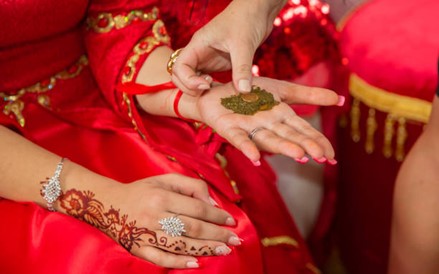
A henna night is a ceremony that encompasses both the joy and sorrow. The bride is happy because she gets together and have fun with family, friends and relatives before the wedding, but sad at the same time because she’s leaving her family and home.
